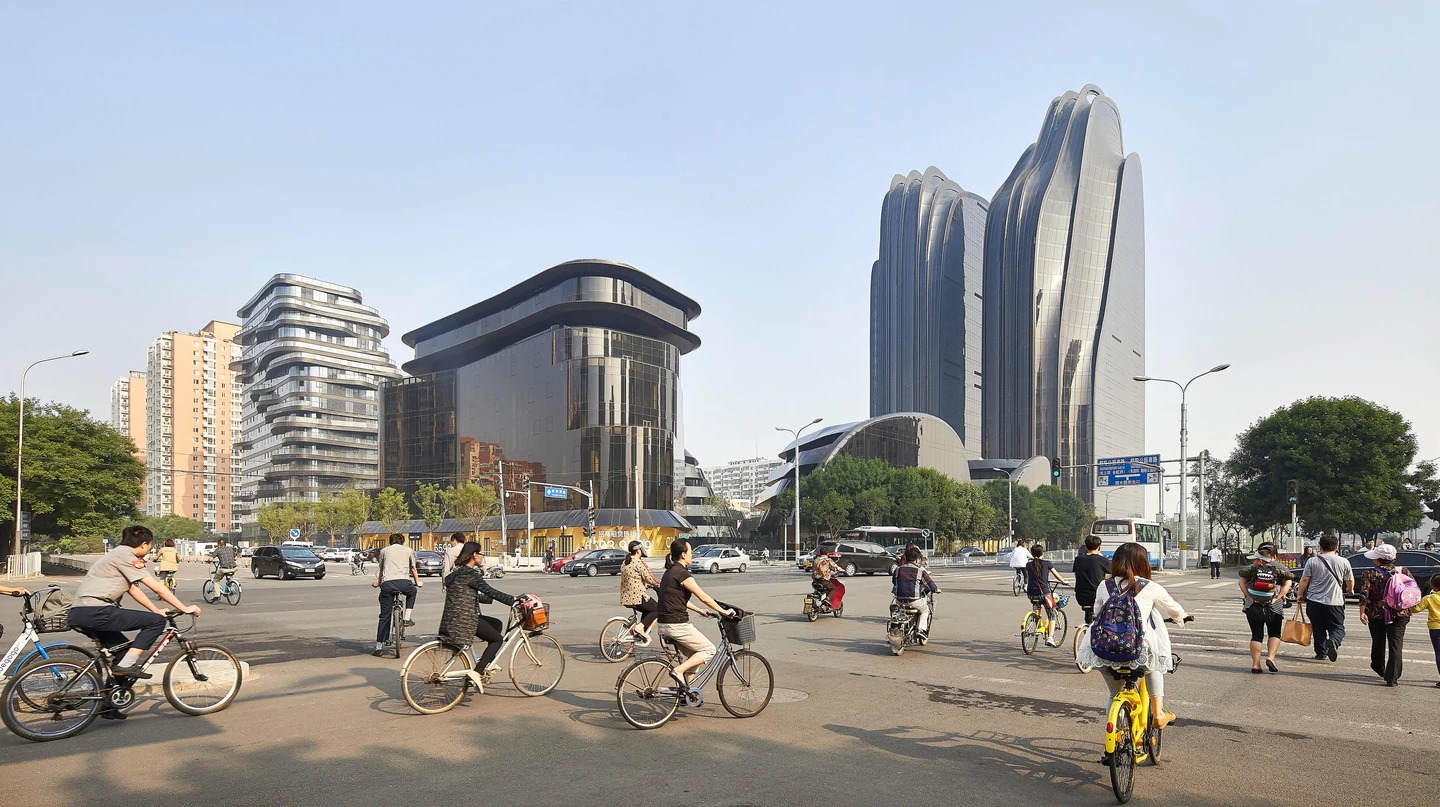
[ad_1]
China’s central financial institution, the Individuals’s Financial institution of China (PBOC), just lately opted to keep up its five-year mortgage prime charge (LPR) at 4.2%, diverging from market expectations of a charge lower.
The choice was additionally coupled with a modest discount within the one-year charge to three.45%.
This transfer has led to hypothesis that Beijing is grappling with a fragile steadiness—stimulating financial progress with out jeopardizing financial institution profitability.
Banks revenue from the online curiosity margins (NIM), the hole between curiosity charged on loans and the curiosity paid to depositors.
Some issues decreasing the LPR may diminish these margins, compromising banks’ monetary cushions in opposition to potential dangerous loans.
A current PBOC quarterly report famous a 23-point drop in NIM at Chinese language business banks to 1.74% within the earlier quarter, emphasizing these issues.

Whereas defending the monetary system stays a precedence, such selections can inadvertently dampen shopper and enterprise sentiments.
Decreased charge cuts can affect householders’ mortgage funds and potential patrons’ willingness to safe new loans.
The financial local weather seems more and more difficult for companies, particularly these within the property and workplace rental sector.
China’s financial restoration appears slower than anticipated, particularly in its actual property sector.
SOHO AND SAVILLS
Unique workplace areas in main cities like Beijing and Shanghai are witnessing rising vacancies, with firms seeking to lower prices on rental overheads.
Notably, Soho China, a serious property proprietor, reported a big 93% drop in its income within the first half.
In the identical vein, Savills, an actual property agency, documented an increase in terminated leases, with Shanghai and Beijing experiencing increased workplace house vacancies.
Entrepreneurs within the meals and beverage sector exemplified the altering dynamics by relocating his workplace to a extra inexpensive location following an tried lease enhance by his landlord.
He talked about that the lease is among the many few bills companies can now cut back, underlining the broader financial challenges.
The property sector’s subdued efficiency has broader implications. Considerations in regards to the sector’s future have led international banks to reassess their progress projections for China.
OFFICE SPACE
Moreover, company funding within the Chinese language workplace house sector has witnessed a decline, registering US$1.9 billion within the second quarter—the bottom since 2018.
Most of this funding comes from home gamers, as North American and European institutional traders have largely abstained from transactions in recent times.
This development within the workplace property sector corresponds with China’s below-par GDP progress numbers.
Benjamin Chow, MSCI’s head of Asia actual belongings analysis, highlighted to Nikkei the sector’s dimmed prospects and the resultant discount in liquidity.
Curiously, home actual property traders are steadily shifting their focus from workplace areas to different sectors like logistics and multifamily buildings.
In abstract, China faces intertwined challenges in its banking and actual property sectors.
Whereas the central financial institution’s selections are geared in direction of defending the monetary system, the true property market’s lukewarm efficiency is a testomony to the broader financial slowdown.
The approaching months will reveal how Beijing navigates this advanced panorama to make sure stability and progress.
[ad_2]